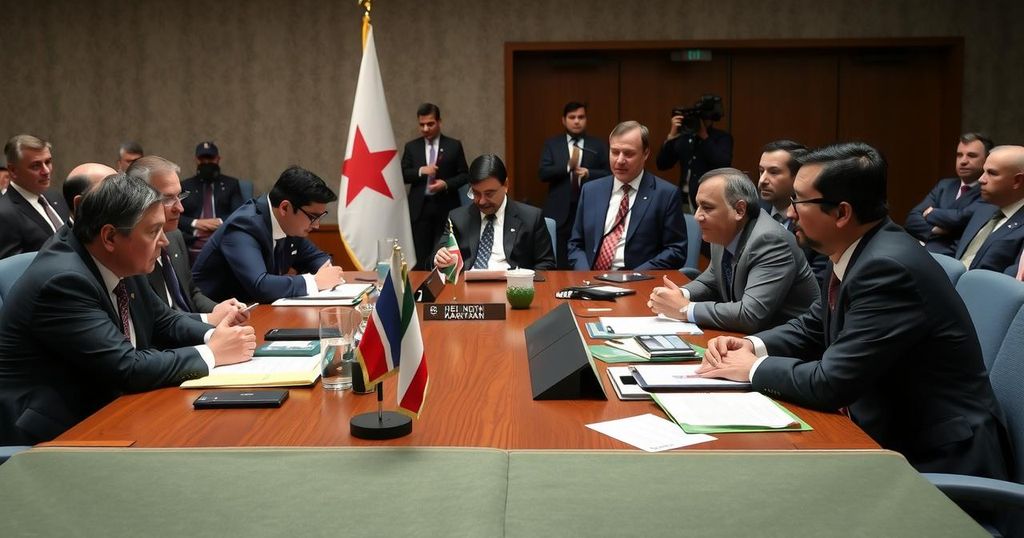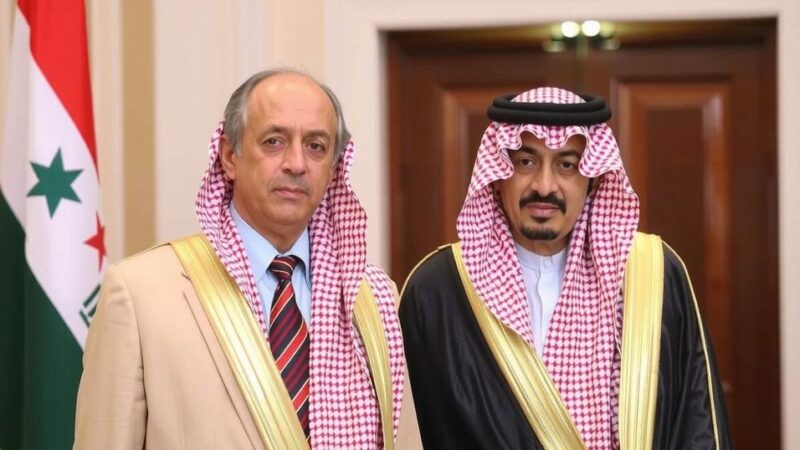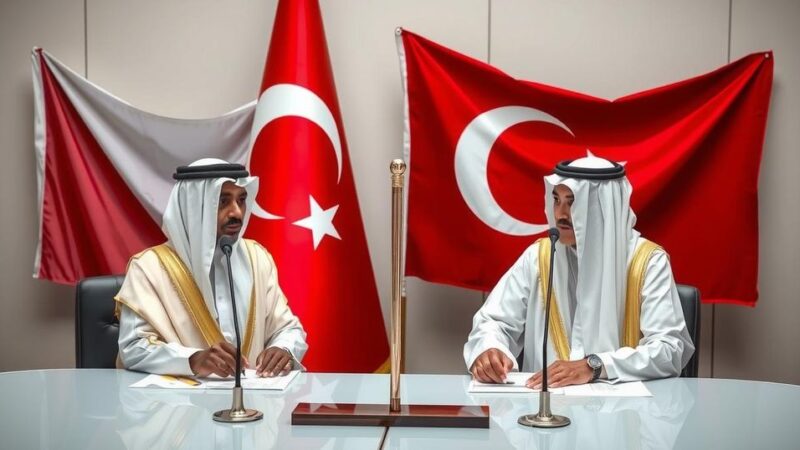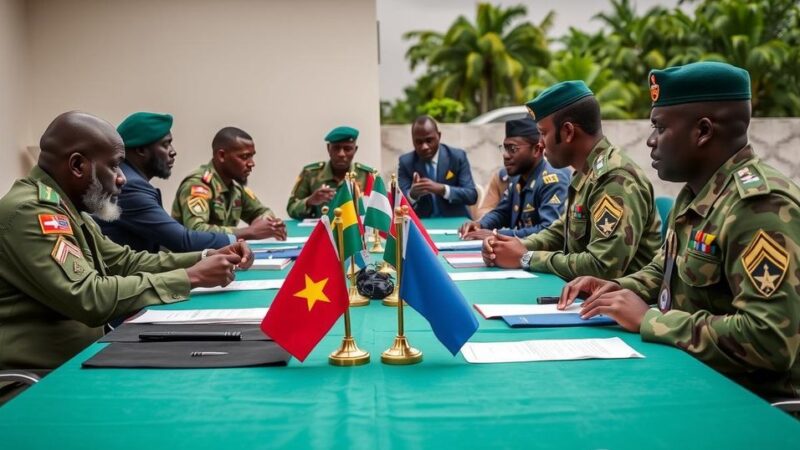Pakistan’s envoy to the U.N., Munir Akram, is hopeful about revitalizing discussions on North Korea during its new role as a nonpermanent Security Council member. Akram expressed concerns over insufficient communication regarding the Korean Peninsula’s normalization, emphasizing the importance of nonproliferation and a complete nuclear testing ban. As tensions mount and key treaties face challenges, Pakistan advocates for both regional stability and nonproliferation, while contending with the complexities of its neighbor India’s nuclear capabilities.
Pakistan’s ambassador to the United Nations, Munir Akram, has expressed optimism regarding the possibility of revitalizing discussions concerning North Korea during Pakistan’s two-year tenure as a nonpermanent member of the U.N. Security Council. In an interview with Kyodo News, Akram highlighted Pakistan’s concerns over insufficient dialogue pertaining to the normalization of circumstances on the Korean Peninsula, stating, “We hope that in the Security Council, we will find ways of reviving the dialogue and to decrease the tensions in the whole region.”
This comes as Pakistan has recently rotated into the Security Council, assuming the Asia-Pacific seat vacated by Japan, joining Denmark, Greece, Panama, and Somalia for terms through 2026. Historically, Pakistan has participated in the Security Council seven times, most recently from 2012 to 2013. As a nation possessing nuclear capabilities, Pakistan advocates for global nonproliferation efforts and urges discussions regarding a complete ban on nuclear testing, particularly considering ongoing tensions surrounding North Korea’s potential nuclear advancements.
In light of Russia’s invasion of Ukraine and rising criticism over the effectiveness of the Security Council, Akram emphasized the need for nonpermanent members to bridge existing divides within the council. He also reiterated Pakistan’s call for the establishment of a nuclear weapon-free zone in South Asia, while expressing hesitation to endorse the Treaty on the Prohibition of Nuclear Weapons due to the nuclear arsenal held by neighboring India. Akram articulated, “While we need our nuclear capability to prevent aggression, we cannot support the ban treaty.”
Without the endorsement of key nuclear powers, including the United States and Japan, the ban treaty, which came into force in 2021, continues to face significant challenges.
The context of Pakistan’s position on North Korea arises from its recent appointment as a nonpermanent member of the U.N. Security Council, a role designed to promote dialogue and peacekeeping efforts among nations. North Korea’s nuclear program is a highly controversial topic, drawing global attention and concern, particularly regarding threats to international stability. The U.N. Security Council, tasked with maintaining global peace and security, often faces criticism for its decision-making paralysis stemming from the veto powers held by its five permanent members. Pakistan’s historical struggles with nuclear policy in the context of its rivalry with India further complicate its stance on nonproliferation agreements, challenging its ability to fully endorse treaties that it perceives could undermine its security.
In conclusion, Pakistan seeks to leverage its tenure on the U.N. Security Council to enhance dialogue surrounding North Korea’s nuclear activities and promote regional stabilization. Ambassador Munir Akram has stressed Pakistan’s commitment to nonproliferation while navigating the delicate balance of its own nuclear capabilities amidst regional tensions and international treaties. As the council grapples with divisions among its permanent members, the active participation of nonpermanent members like Pakistan is increasingly vital to fostering cooperative approaches to global security issues.
Original Source: english.kyodonews.net







